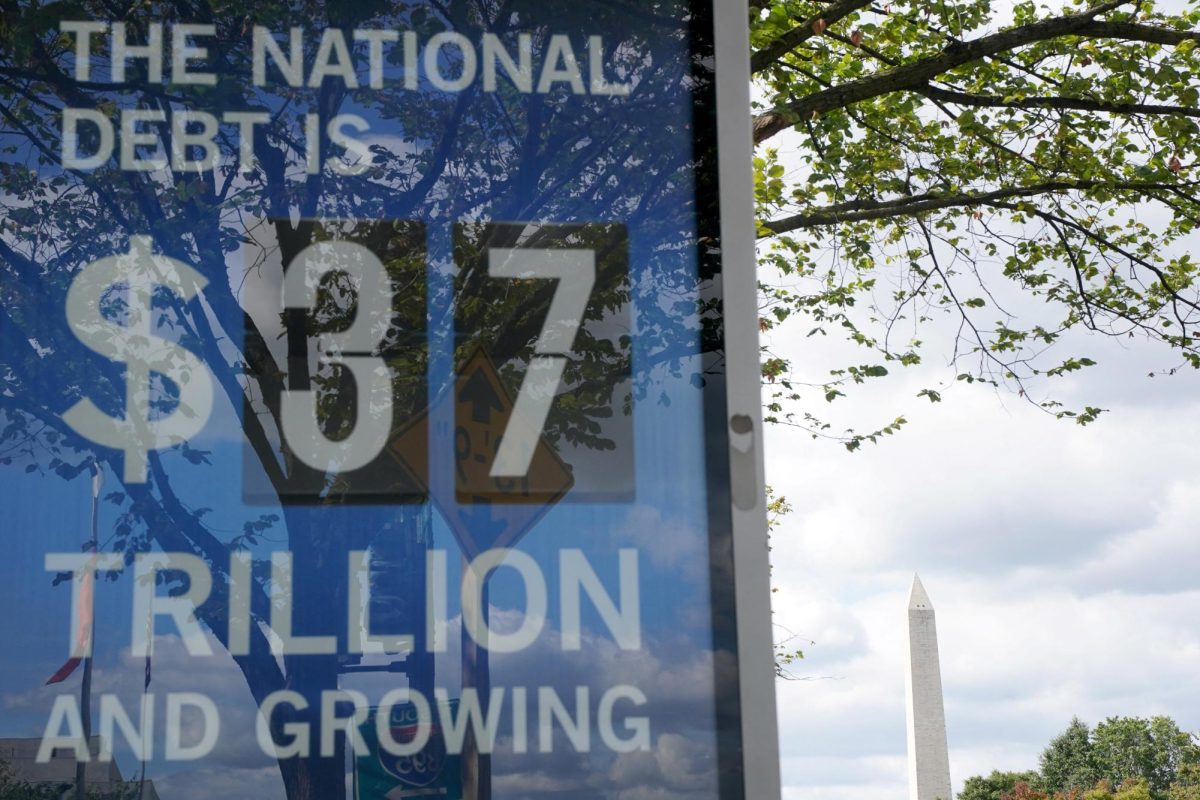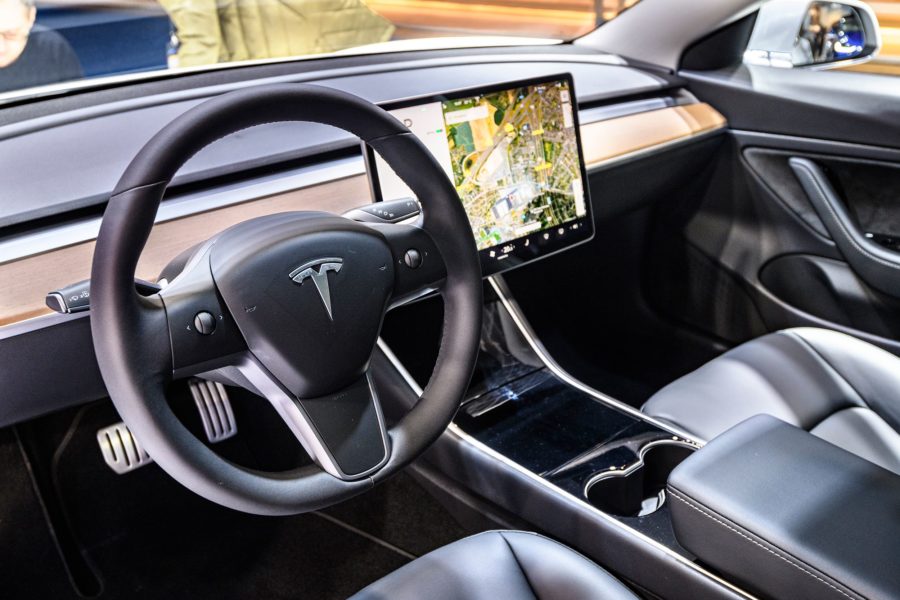Electric Cars: Efficient or Not?
Recently, there has been much discussion about the advantages and drawbacks of owning/operating an electric car. In August of 2022, the California Air Resources Board approved a plan that will require all passenger cars and light trucks sold in the state of California to be electric, or electric hybrid plug-ins, by the year 2035. Simply stating, within about ten years, the future of transport in California may be ever transformed.
In my community, I am continually amazed by the amount of electric vehicles, especially Teslas, that I have seen on the roads in recent years. About 5 years ago, I would rarely see an electric car while out in the city. Now, it seems as though one out of every five households in my neighborhood has a Tesla, or other plug-in electric vehicle.
The Tesla model Y is the most popular car in California, with 42,320 registered drivers. And this number will only seem to continue to grow, with the increasing popularity of Teslas among drivers.
What does this mean for California? Although electric cars are widely used, many assume that just because they are not powered by gas, it means that they are more efficient in transportation. Yet the production process of these electric cars seems to prove otherwise.
KCC is a cobalt mine, which is one of the main materials that Tesla uses to make their car batteries. It is the largest cobalt mine, and is located in the Congo in the country of Africa.
“Each year, the mine churns out over 20,000 tons of the silvery metal used in cell phone, laptop and electric car batteries,” Maddie Stone of ‘The Verge’ explains. This is a seemingly massive amount of material to be extracted from one mine in a year’s time, and does not seem remotely environmentally sustainable to continue this cobalt mining in such a manner. Many workers even report struggling through long work days, with little food and little water to compensate.
Tesla even created a deal with the mining company of Glencore to purchase one quarter of the mine’s cobalt to be used for its battery production, which is seen by many as a so-called “cushion” from being attacked by others about human rights abuses.
Yet aren’t Tesla’s actions directly supporting a form of slave labor? Many of these mines are guarded by military officials, who are armed. Tesla, and other electric car companies who use cobalt in their batteries, do not want the general public to know that they are supporting the mines.
This information truly makes me weigh the benefits of supporting Tesla and other electric car manufacturing companies, over the cost. Although owning a Tesla could reduce the cost of gas, Tesla owners could be potentially supporting the operating of these mines. It is truly a wake-up-call that the boom in electric vehicles may be fueled by this exploited labor.
There has also been significant dissatisfaction with the charging stations where Teslas receive their charge.
“Out of all the responders to the study who couldn’t charge their vehicles last year, more than three-quarters said that they couldn’t top off their batteries because the charger was out of service…software glitches, payment processing errors, and vandalism,” InsideEVs says.
Although the Tesla charging stations are said to conserve gas and energy, there seem to be many accidents that occur involving them; including long lines to charge the vehicle.
So what does this mean, in regards to our state?
If the California government decides to follow through with the plan that they approved, gas cars will be a thing of the past within our state. People who drive these gas powered vehicles may suffer the consequences, as obtaining and maintaining an electric car can often be time consuming, and expensive. Although they may prove to be better for the environment, the costs seem to outweigh the benefits in the long run.
Instead of shifting the focus towards everyone owning electric vehicles, perhaps the city should focus on making the public transportation electric. Many may consider it unreasonable to eradicate all gas powered vehicles in the state so quickly.
There are many benefits of electric cars. Money can be saved on gas and used for other things, and they emit less pollution than gas-powered cars.
Change is natural. It is an inevitable part of life, and an inevitable part of our world. In order for things to progress, change must occur.
I’m not entirely sure what the world will look like with a complete presence of electric cars, but I do fear that eventually, resources will run out. Although gas prices have skyrocketed, they are sure to stabilize in the future as the economy progresses in a natural way.
Electric cars may be the future of our world. Yet the conditions that come with owning one may not be worth the potential decrease in pollution, the decrease in carbon emissions.





















































